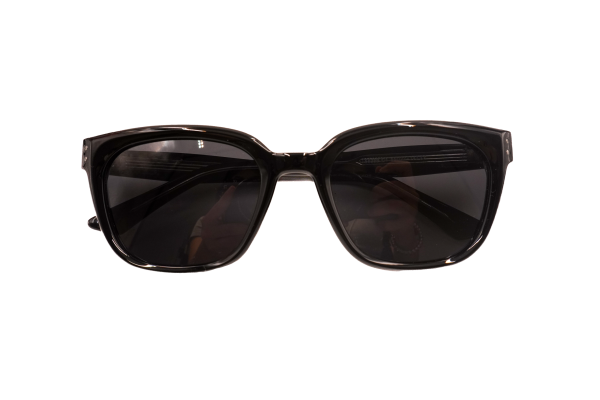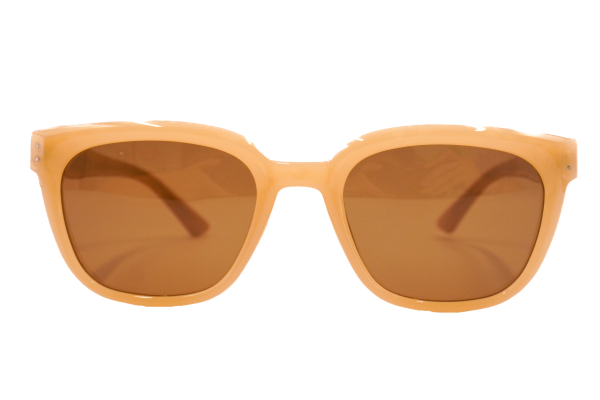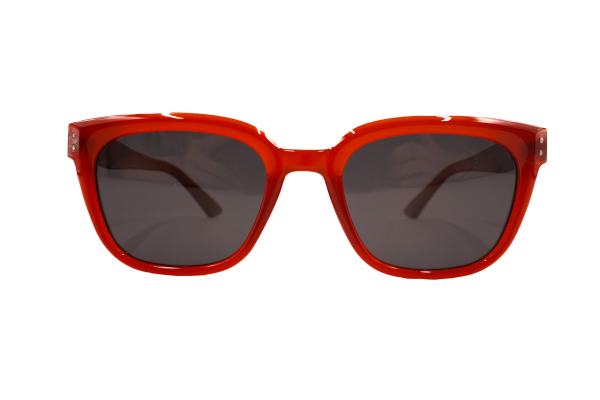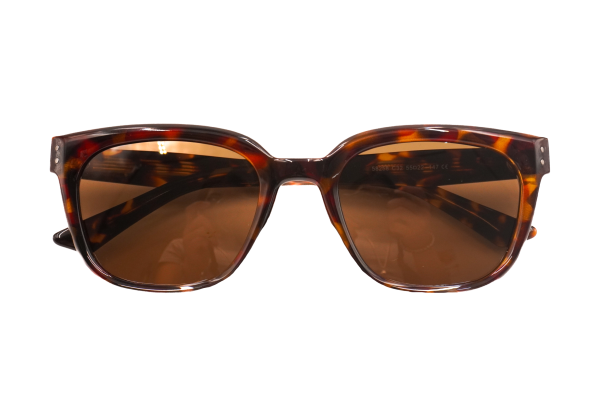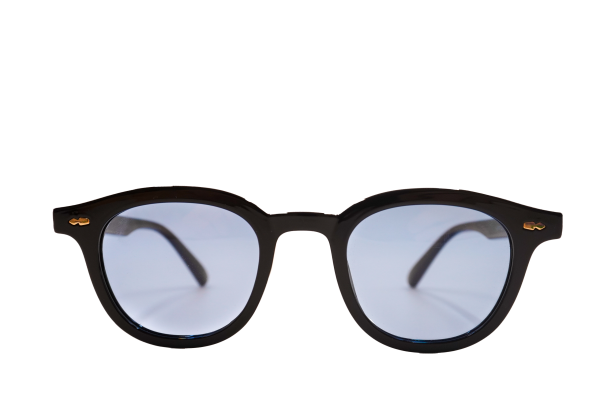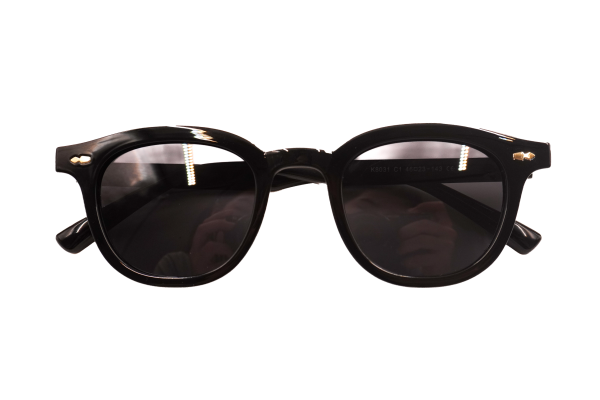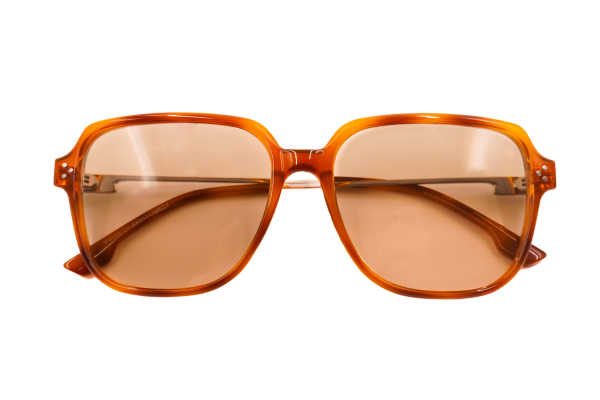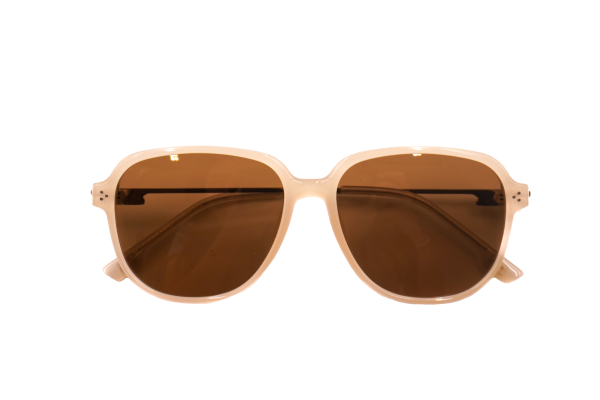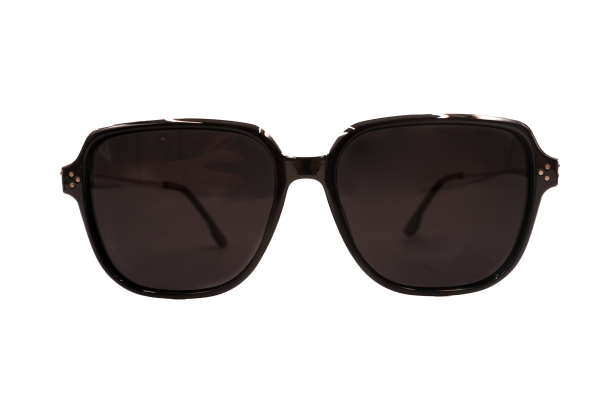1. Why are sunglasses important for eye protection?
Sunglasses are essential not just for style but for protecting your eyes from harmful UV rays. Prolonged exposure to ultraviolet radiation can lead to serious eye conditions like cataracts, macular degeneration, and photokeratitis (sunburn of the eye). High-quality sunglasses block 100% UVA and UVB rays, offering a crucial shield for your eyes during outdoor activities.
2. What are polarized sunglasses, and do I need them?
Polarized sunglasses are designed to reduce glare from reflective surfaces such as water, roads, and snow. They enhance visual clarity and reduce eye strain, making them ideal for driving, boating, fishing, and outdoor sports. If you spend a lot of time outdoors, investing in polarized lenses can significantly improve your comfort and visual experience.
3. How do I choose the right sunglasses for my face shape?
Choosing sunglasses that complement your face shape can enhance both your appearance and comfort. Here’s a quick guide:
- Round face: Angular frames like square or rectangular sunglasses add definition.
- Square face: Round or oval frames soften strong jawlines.
Heart-shaped face: Cat-eye or aviator sunglasses balance wider foreheads and narrower chins.
- Oval face: Most frame styles work well, making it easy to experiment.
At Pott Glasses, we offer a 4D Optical Styling consultation to help you find the perfect match based on face shape, lifestyle, and style preferences.
4. What lens color is best for sunglasses?
Lens color affects how much visible light reaches your eyes and how well you perceive colors and contrasts. Here’s a brief overview:
- Gray lenses: Reduce brightness without distorting colors; ideal for everyday use.
- Brown/amber lenses: Enhance contrast; great for sports like golf or fishing.
- Green lenses: Diminish glare while offering high contrast and sharpness.
- Yellow lenses: Improve depth perception in low-light conditions.
When selecting sunglasses lenses, think about when and where you’ll be wearing them most.
5. Are expensive sunglasses really better?
Not necessarily. The most important factors are UV protection and lens quality, not the price tag. Some affordable brands provide excellent protection. However, higher-end sunglasses often offer better craftsmanship, more durable materials, and enhanced lens technology like polarization, photochromic lenses (that change tint in sunlight), and anti-scratch coatings.
6. Can I get prescription sunglasses?
Absolutely! Prescription sunglasses combine vision correction with sun protection. You can customize them with options like polarized lenses, photochromic lenses, or multifocal lenses if you need reading and distance vision correction in one pair. At Pott Glasses, we specialize in stylish, customized prescription sunglasses tailored to your needs.
7. How do I take care of my sunglasses?
To prolong the life of your sunglasses:
Always store them in a protective case.
Clean lenses with a microfiber cloth and lens cleaner.
Avoid placing them face down on surfaces.
Keep them away from extreme temperatures to prevent frame warping and lens damage.
8. How often should I replace my sunglasses?
If your sunglasses are scratched, the UV protection might be compromised. Experts recommend replacing sunglasses every two years, or sooner if the lenses are damaged or if your prescription changes.
